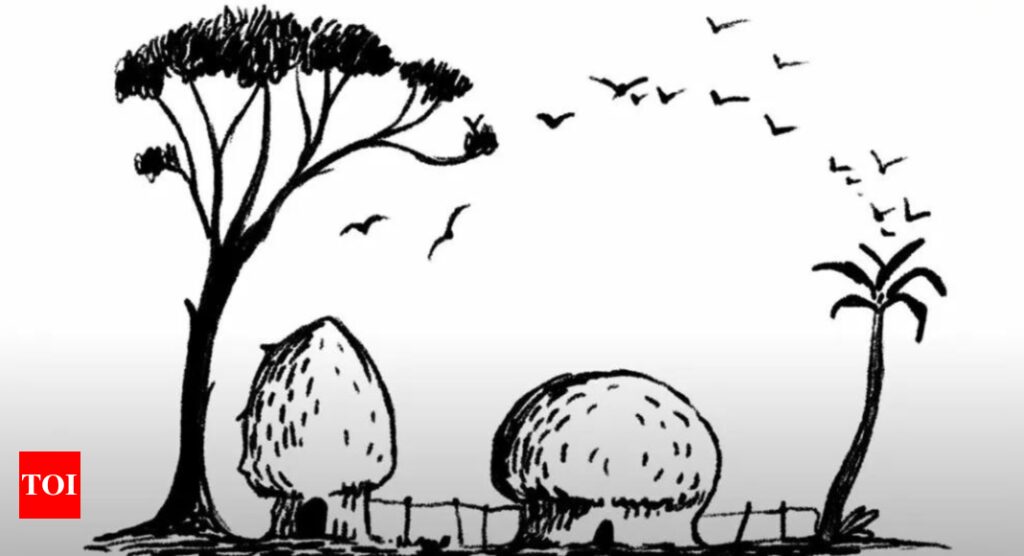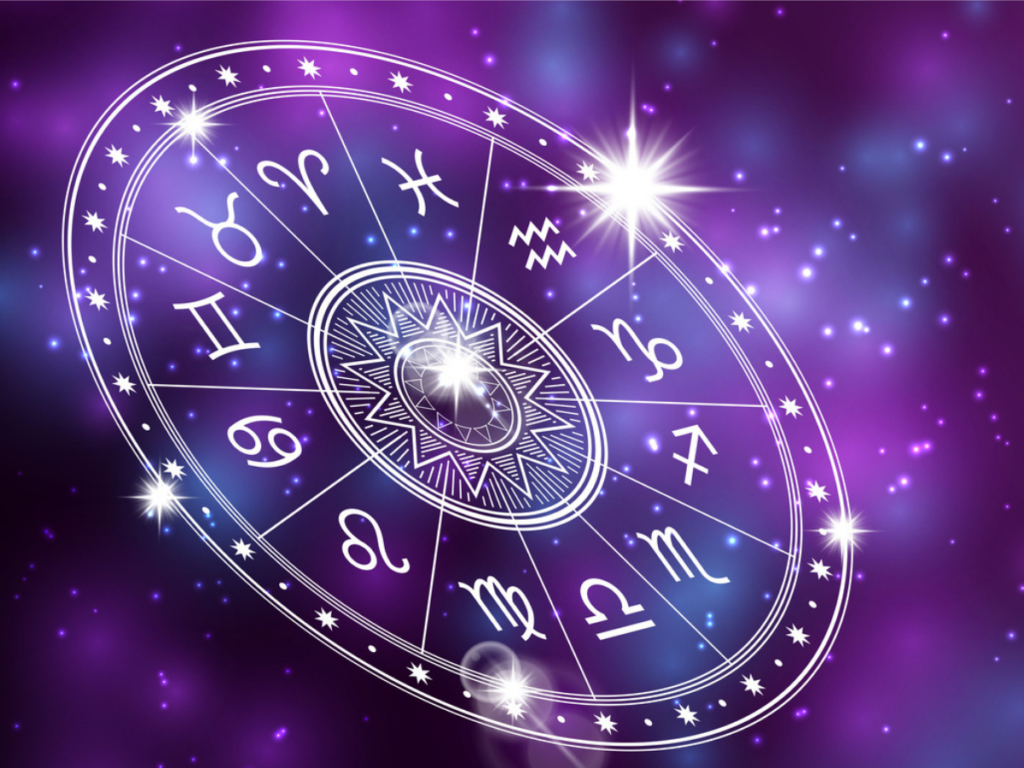As we solve the puzzle of the hidden elephant in a world where there is more to see than meets the eye, get ready to travel through the mental forest. Can you identify the elephant hiding in this minimalist wilderness in just 5 seconds? This task assesses both your ability to perceive visual cues and your willingness to look past what is immediately present.
Image: BrightSide
With a white backdrop, you can immediately spot the towering trees, charming huts, and flying birds. But you’ll have to think creatively and apply a fresh perspective to find the elephant hidden in the scene. Open-minded people will be attracted to this illusion and encouraged to explore the subtle details of the image. Finding the hidden elephant may require more than just good vision. It can be a sign of a kind and thoughtful nature, typical of polite, devoted and sympathetic people. So you might be the type of person who exudes love and care, drawing others to you like moths to a flame if you spot the elephant before anything else. It is interesting to note that most of the participants in US Sun’s study initially focused on the village in the scene completely ignoring the elephant. This difference emphasizes the importance of controlling expectations and accepting the basic qualities of illusion. Consider the negative space and hints of the elephant’s presence, rather than looking for minute details.
Image: BrightSide
When solving the puzzle, you will see how the outline of the elephant is created by skillfully arranging different elements in the picture. Every little detail, such as the perfect harmony of the trunk with the tree or the fence posts that resemble its strong legs, are necessary to reveal the existence of the hidden creature. There’s no doubt about the excitement of discovering secret information in the maze of your own mind, whether you’re engrossed in the task or solving the puzzle with ease. However, the journey does not stop here. Expand your knowledge of optical illusions and brain teasers to challenge your cognitive abilities even further. These puzzles are not only entertaining but also provide important insights into how our brains interpret visual data. By regularly engaging in such mental exercises, you can sharpen your problem-solving skills, enhance your ability to concentrate, and even prevent cognitive decline in old age.



